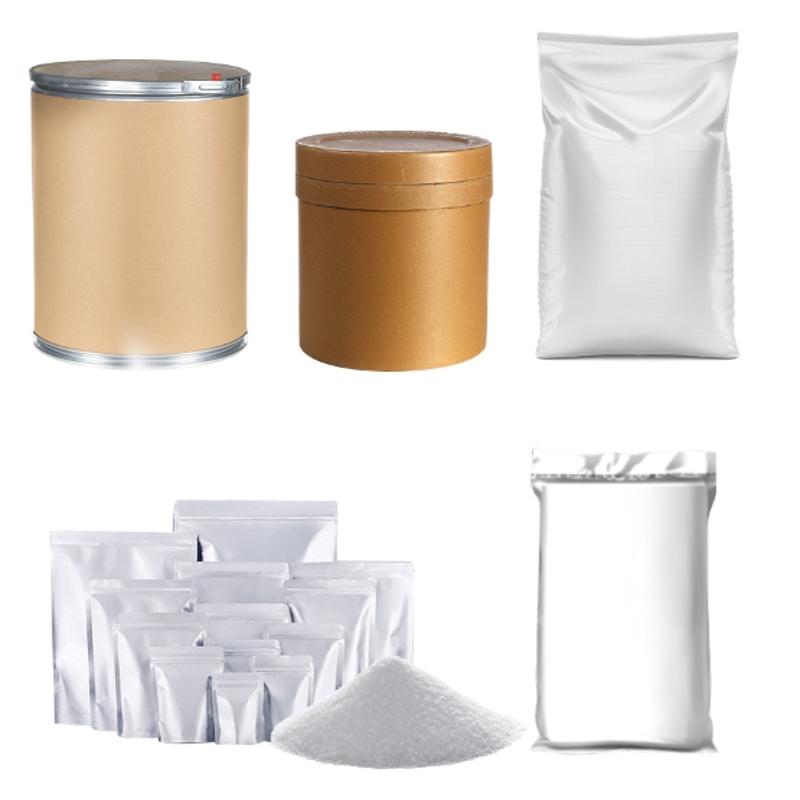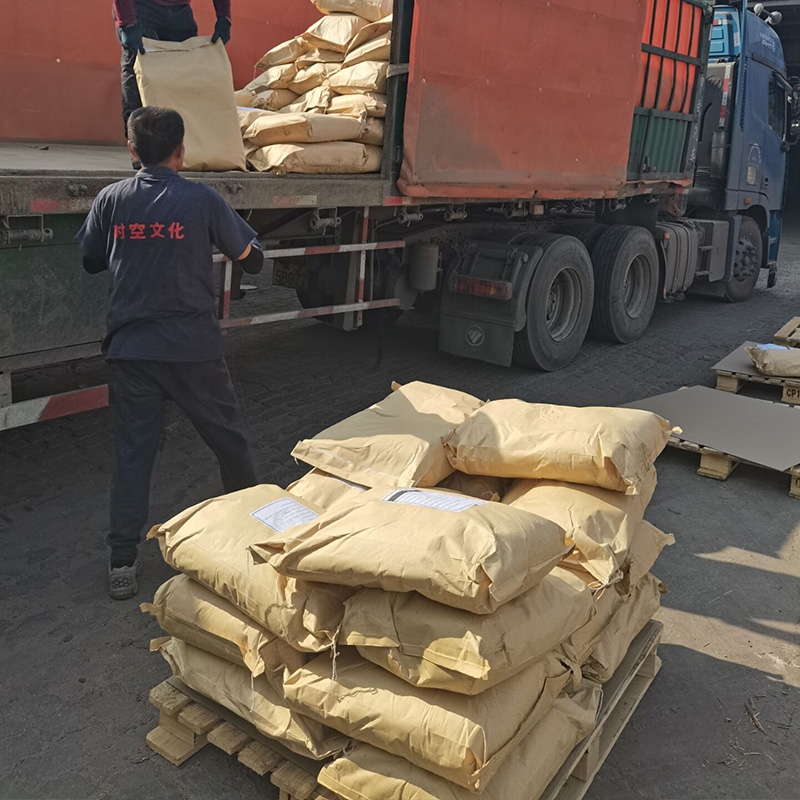-
Categories
-
Pharmaceutical Intermediates
-
Active Pharmaceutical Ingredients
-
Food Additives
- Industrial Coatings
- Agrochemicals
- Dyes and Pigments
- Surfactant
- Flavors and Fragrances
- Chemical Reagents
- Catalyst and Auxiliary
- Natural Products
- Inorganic Chemistry
-
Organic Chemistry
-
Biochemical Engineering
- Analytical Chemistry
-
Cosmetic Ingredient
- Water Treatment Chemical
-
Pharmaceutical Intermediates
Promotion
ECHEMI Mall
Wholesale
Weekly Price
Exhibition
News
-
Trade Service
This article is from the NEJM Journal Watch, Intensification of ADT in Hormone-Sensitive Metastatic Prostate Cancer: An Evolving Paradigm.
ADT Intensification in Hormone-Sensitive Metastatic Prostate Cancer: A Review of Evolving Treatment Options by Robert Dreicer, MD, MS , MACP, FASCO Addition of dalotamide to androgen deprivation therapy combined with docetaxel improves survival
.
Androgen deprivation enhanced with docetaxel, abiraterone, enzalutamide, or apalutamide for most patients with hormone-sensitive metastatic prostate cancer (HSMPC), based on a solid survival benefit shown in a phase 3 study Therapy (ADT) is the standard of care
.
The PEACE-1 trial demonstrated the benefit of adding abiraterone to ADT plus docetaxel in patients with high-risk metastatic prostate cancer at presentation (Ann Oncol 2021; 32:suppl 5:S1283)
.
In the industry-funded, international phase 3 ARASENS trial, investigators randomly assigned patients with HSMPC to receive either dalosamide or placebo in addition to ADT plus docetaxel
.
Randomization was stratified according to TNM stage of metastasis
.
The primary endpoint was overall survival
.
Of the 1,306 patients, at initial presentation, 80% had bone metastases, 18% had visceral metastases, and 86% had metastatic prostate cancer
.
At the time of data cutoff, the median duration of treatment was 41.
0 months in the dalotamide group compared with 16.
7 months in the placebo group
.
87% of patients in both groups completed 6 cycles of docetaxel
.
The risk of death was 32.
5% lower in the darotamide group than in the placebo group (hazard ratio, 0.
68; P<0.
001)
.
The 4-year overall survival rate was 62.
7% in the dalotamide group and 50.
4% in the placebo group
.
Notably, 76% of patients in the placebo group received subsequent treatments that might prolong survival
.
Grade 3 or 4 adverse events occurred in 66.
1% and 63.
5% of patients in the darotamide and placebo groups, respectively, the most common being neutropenia (approximately 34%)
.
Commentary These results support the findings of the PEACE-1 study that in selected patients with HSMPC, ADT combined with docetaxel can be further intensified with androgen receptor pathway inhibitors
.
All participants in PEACE-1 and most participants in ARASENS were patients with metastatic prostate cancer who were presentation-naive and eligible for docetaxel
.
We need more data to assess the potential benefit for other HSMPC patient populations
.
Reviewed article Smith MR et al.
Darolutamide and survival in metastatic, hormone-sensitive prostate cancer.
N Engl J Med 2022 Feb 17; [e-pub].
(https://doi.
org/10.
1056/NEJMoa2119115) Related reading NEJM Published by the NEJM Group, NEJM Journal Watch invites internationally renowned doctors to comment on important papers in the medical field, helping doctors understand and apply the latest developments
.
"NEJM Medical Frontiers" translates several articles every week, publishes them on the app and official website, and selects 2-3 articles and publishes them on WeChat
.
Copyright Information This article was translated, written or commissioned by the NEJM Frontiers in Medicine, jointly created by Jiahui Medical Research and Education Group (J-Med) and The New England Journal of Medicine (NEJM)
.
The full text of the Chinese translation and the included figures are exclusively authorized by the NEJM Group
.
If you want to reprint, please leave a message or contact nejmqianyan@nejmqianyan.
cn
.
Unauthorized translation is an infringement, and the copyright owner reserves the right to pursue legal responsibility
.
ADT Intensification in Hormone-Sensitive Metastatic Prostate Cancer: A Review of Evolving Treatment Options by Robert Dreicer, MD, MS , MACP, FASCO Addition of dalotamide to androgen deprivation therapy combined with docetaxel improves survival
.
Androgen deprivation enhanced with docetaxel, abiraterone, enzalutamide, or apalutamide for most patients with hormone-sensitive metastatic prostate cancer (HSMPC), based on a solid survival benefit shown in a phase 3 study Therapy (ADT) is the standard of care
.
The PEACE-1 trial demonstrated the benefit of adding abiraterone to ADT plus docetaxel in patients with high-risk metastatic prostate cancer at presentation (Ann Oncol 2021; 32:suppl 5:S1283)
.
In the industry-funded, international phase 3 ARASENS trial, investigators randomly assigned patients with HSMPC to receive either dalosamide or placebo in addition to ADT plus docetaxel
.
Randomization was stratified according to TNM stage of metastasis
.
The primary endpoint was overall survival
.
Of the 1,306 patients, at initial presentation, 80% had bone metastases, 18% had visceral metastases, and 86% had metastatic prostate cancer
.
At the time of data cutoff, the median duration of treatment was 41.
0 months in the dalotamide group compared with 16.
7 months in the placebo group
.
87% of patients in both groups completed 6 cycles of docetaxel
.
The risk of death was 32.
5% lower in the darotamide group than in the placebo group (hazard ratio, 0.
68; P<0.
001)
.
The 4-year overall survival rate was 62.
7% in the dalotamide group and 50.
4% in the placebo group
.
Notably, 76% of patients in the placebo group received subsequent treatments that might prolong survival
.
Grade 3 or 4 adverse events occurred in 66.
1% and 63.
5% of patients in the darotamide and placebo groups, respectively, the most common being neutropenia (approximately 34%)
.
Commentary These results support the findings of the PEACE-1 study that in selected patients with HSMPC, ADT combined with docetaxel can be further intensified with androgen receptor pathway inhibitors
.
All participants in PEACE-1 and most participants in ARASENS were patients with metastatic prostate cancer who were presentation-naive and eligible for docetaxel
.
We need more data to assess the potential benefit for other HSMPC patient populations
.
Reviewed article Smith MR et al.
Darolutamide and survival in metastatic, hormone-sensitive prostate cancer.
N Engl J Med 2022 Feb 17; [e-pub].
(https://doi.
org/10.
1056/NEJMoa2119115) Related reading NEJM Published by the NEJM Group, NEJM Journal Watch invites internationally renowned doctors to comment on important papers in the medical field, helping doctors understand and apply the latest developments
.
"NEJM Medical Frontiers" translates several articles every week, publishes them on the app and official website, and selects 2-3 articles and publishes them on WeChat
.
Copyright Information This article was translated, written or commissioned by the NEJM Frontiers in Medicine, jointly created by Jiahui Medical Research and Education Group (J-Med) and The New England Journal of Medicine (NEJM)
.
The full text of the Chinese translation and the included figures are exclusively authorized by the NEJM Group
.
If you want to reprint, please leave a message or contact nejmqianyan@nejmqianyan.
cn
.
Unauthorized translation is an infringement, and the copyright owner reserves the right to pursue legal responsibility
.







